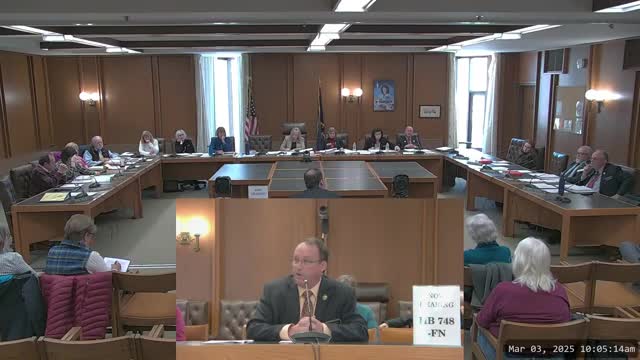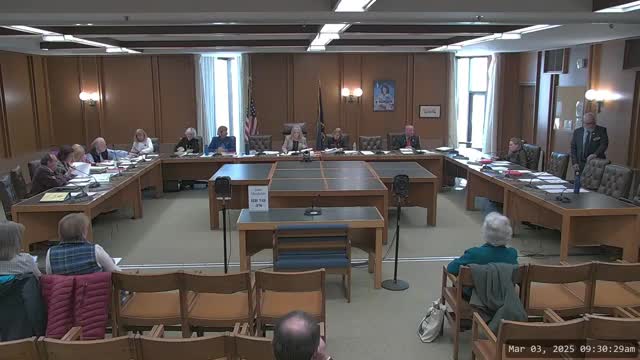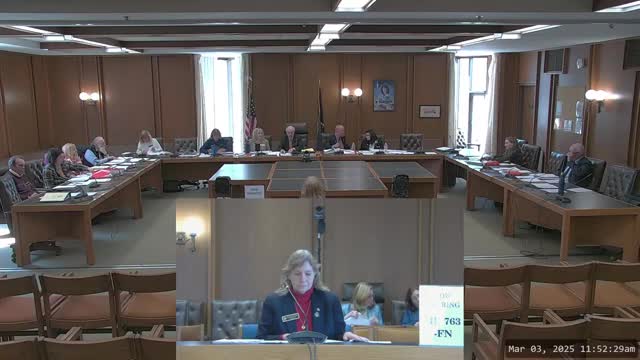Article not found
This article is no longer available. But don't worry—we've gathered other articles that discuss the same topic.

Heated testimony as committee reconsiders Holocaust and genocide curriculum; sponsor seeks narrower, adjudicated list

NH committee hears hours of testimony on local education freedom accounts; bill retained for more work

